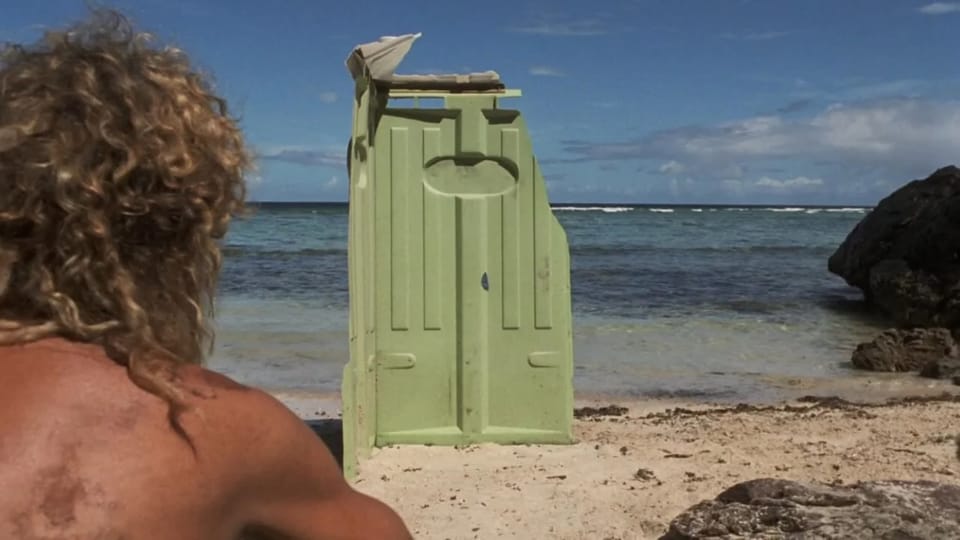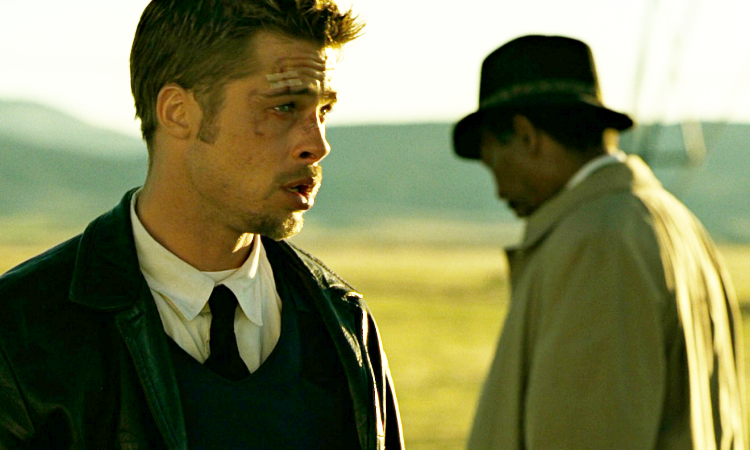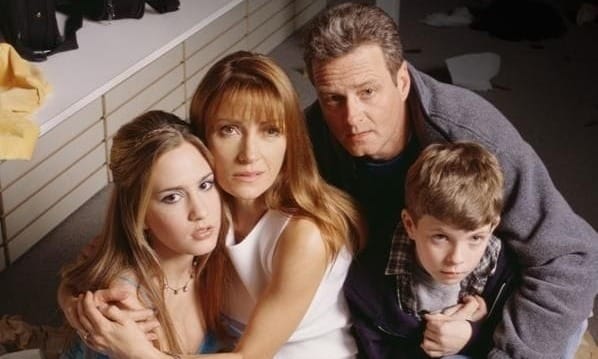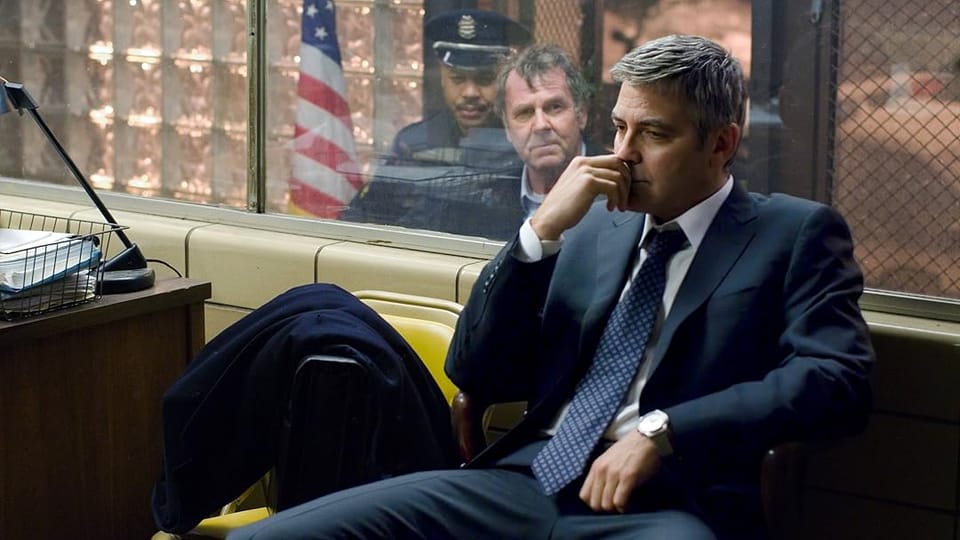Five lessons that saved my screenwriting career.
After my career collapsed in 2005 and my slow return to it around 2008 or so, I realized there were dozens of things I didn’t want to repeat.
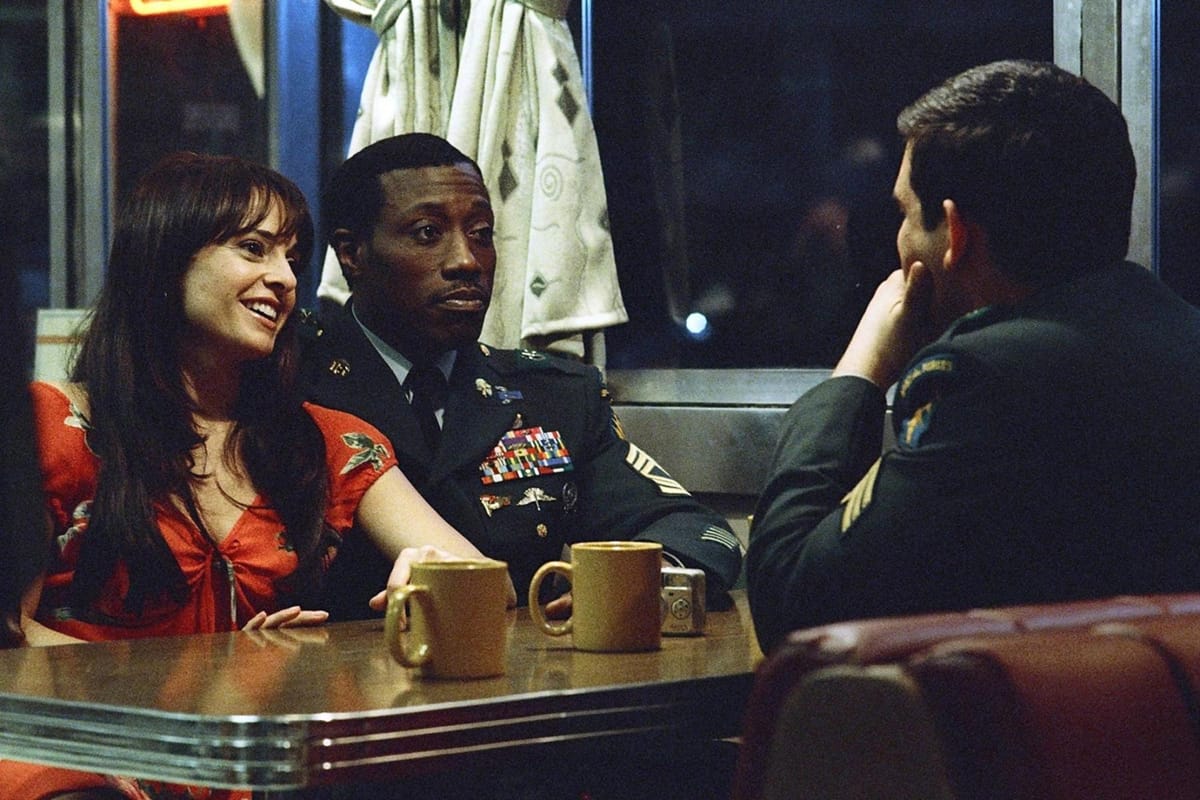
The Story and Plot Weekly Email is published every Tuesday morning. Don't miss another one.
After my career collapsed in 2005 and my slow return to it around 2008 or so, I realized there were dozens of things I didn’t want to repeat.
I have written about many of these before, I am a teacher after all. Part of my identity is sharing what I have learned.
But this particular series (and I think this will be a series) is from the context of how embracing these ideas changed my career.
I left embracing the logline and writing a detailed outline off the list.
I have written about both recently, but they both deserve a prominent spot.
(1) It’s not who you know. It’s who you meet and how you nurture the relationship.
I knew NO ONE coming into this business. In addition, I have social anxiety, so parties and networking events were usually a disaster for me.
But over time, you can MEET people.
Sometimes, it’s just a general meeting, and other times, it’s just being around and running into the same people over and over again.
Most often, it’s working together in some way and enjoying the experience.
Friendships develop by sharing the same physical space time and time again.
The school bus, the campus, the classroom, the office, the festival, the set—they all have the same mechanism.
But then you must nurture the relationship. Coffee, emails, lunches. Whatever works for you.
People understand the difference between work friends and personal friends.
Sometimes, they crossover, but they’re often one or the other.
For industry friends:
- Add value as a human.
- Add value as a professional.
I have not noticed a difference with which one you add first. But eventually, it needs to be both.
Every major step I have taken in the last 15 years has been through a professional relationship that spoke well of me.
Finding a community is an extension of this, but that will be for another time.
Which brings me to:
(2) Your attitude matters.
This affects your own mental health and the health of all those relationships you’re now nurturing.
Fight off cynicism and bitterness. Fight it off with everything you've got.
It’s bad for your own psyche, and no one wants to be around it.
That energy helps you zero.
It is a repellant.
Yes, it’s a tough business. Grueling sometimes. It will occasionally break your heart. There is no way around it.
But that is part of the deal.
You will get back what you put out there.
Be positive and enthusiastic when things are going well and calm when things are going poorly.
- Be the one the producer calls when they want to complain about the director.
- Don’t call someone to complain about someone else.
- And certainly don't be the one someone calls another to complain about!
(3) Begin with the end in mind.
This is one of The Seven Habits for a reason.
Always know the objective. Always know specifically what you hope to achieve.
That goes for the screenplay itself and the workday around it.
Knowing the goal and what it takes to achieve it does two things.
It helps you assess the expected value.
Knowing what you want to achieve and your chances of achieving it allows you to determine whether it’s worth the effort.
Early on, just about everything is worth the effort. You’re learning, and you have no idea what good things can happen and where they will come from.
As you get deeper into your ambition, you will have to allocate your resources more wisely.
I have several passion projects that I would love to write, but because the expected value is lower than the opportunity cost of those projects, I just can’t do them right now.
That will not always be the case. But it is now.
It helps you stay focused.
That can mean the story you want to tell and resisting all the superfluous moments and scenes you could add that would dilute it. It could mean how you allocate the time in your day.
What are the threats out there that can keep you from achieving your goals?
But you cannot stay on mission if you have not decided what the mission is.
(4) Good is not good enough.
As a teacher, I see this often, and I was guilty of it, too. The more skilled we are, the more we can fool ourselves into believing that the perfectly okay page we wrote is acceptable.
I made a good living in TV movies for a couple of years. If I needed money, I could do a quick rewrite on something, and they would think it was swell.
Eventually, I was phoning it in.
When an executive called me on it, I wasn’t willing to admit to myself that’s what I was doing.
But the habit was set.
Later, when I was trying to break back in, I had a screenplay that I thought was some of my best work.
Yet, it wasn’t getting the responses the producer and I thought it should.
A lot of meh.
The producer, a long-time relationship, suggested I go back and rewrite the action lines.
He thought I was getting a little less polished with the quality of the read.
He was right.
I did a pass where I just polished the action lines, and with it, I soon had a new manager.
I went from passes to enthusiasm with just a little TLC.
Lesson learned.
Take nothing for granted. Everything matters.
Fight over every sequence, every scene, every sentence, and every word.
(5) Stay teachable.
I don’t mean this in an attitude way, though that is true, too. I mean actively learning and studying.
I went through a very static period in my writing and my career reflected it.
Two things snapped me out of it.
The first was desperation.
What I was doing wasn’t working anymore. I had to improve; I had no choice.
Much of it was just getting back to fundamentals and finding consistent processes, but I had to learn how to do that. How?
I leaned more into my teaching.
I have often said that if you want to learn a topic, teach it. This is where my primary growth has come, not just in the processes I have acquired but also in my motivation to keep learning.
Begin with the end in mind.
So, back to this adage. Yes, you will learn plenty through experience. But just as important is active learning.
I begin each new project with an area that I want to improve on and get better at.
I don’t read screenplays too much anymore unless it’s for work, but I absolutely will watch movies with the specific intent to learn.
Keep finding new challenges that force you to stretch and grow.
I am doing the best work of my career right now because of this.
It’s a mental battle.
Did you notice that? All five of these lessons are primarily mental adjustments rather than tangible instructions on how to write a better script.
I’ve learned plenty of those lessons, too, of course, but once you’re making a living at this, those improvements tend to be incremental rather than seismic.
A screenwriting career is primarily a mental battle. Whether you know it or not, yours has already started.
The Story and Plot Weekly Email is published every Tuesday morning. Don't miss another one.
When you're ready, these are ways I can help you:
WORK WITH ME 1:1
1-on-1 Coaching | Screenplay Consultation
TAKE A COURSE
Mastering Structure | Idea To Outline

